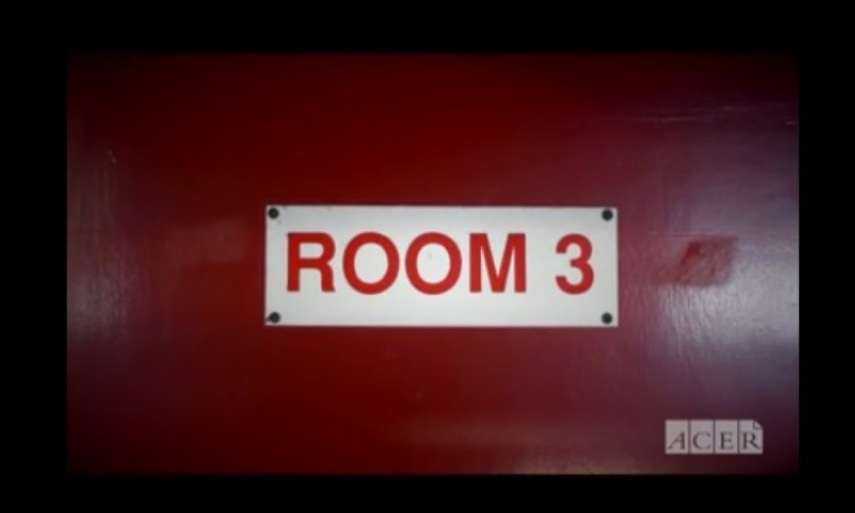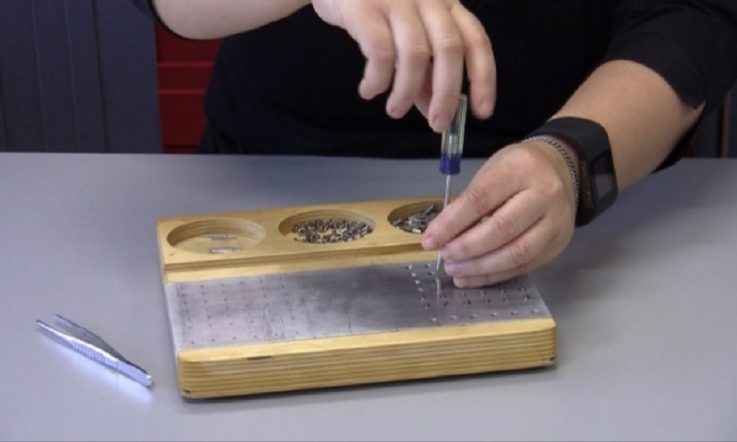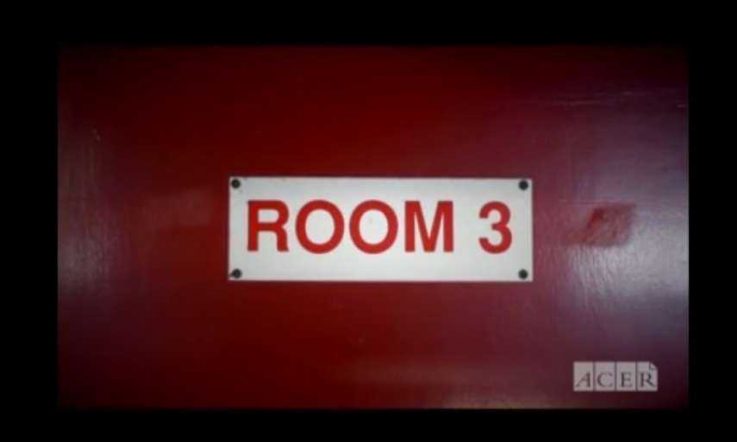Once a fortnight the Teacher team ventures down to Room 3 – the basement archives at the Australian Council for Educational Research.
Home to a plethora of texts originating from way back when, we bring you choice titbits from some of our favourite historical titles via Facebook and Twitter.
Do you have an old education textbook that you still refer to? Tweet or Facebook us your favourite quote with the author and the year of publication.
If you happened to have missed some of our Room 3 gems, here is a list of what has recently been posted online:
Raymont, T. (1946) Seven to Eleven: Some Problems of the Junior School, London, Longmans, Green and Co.
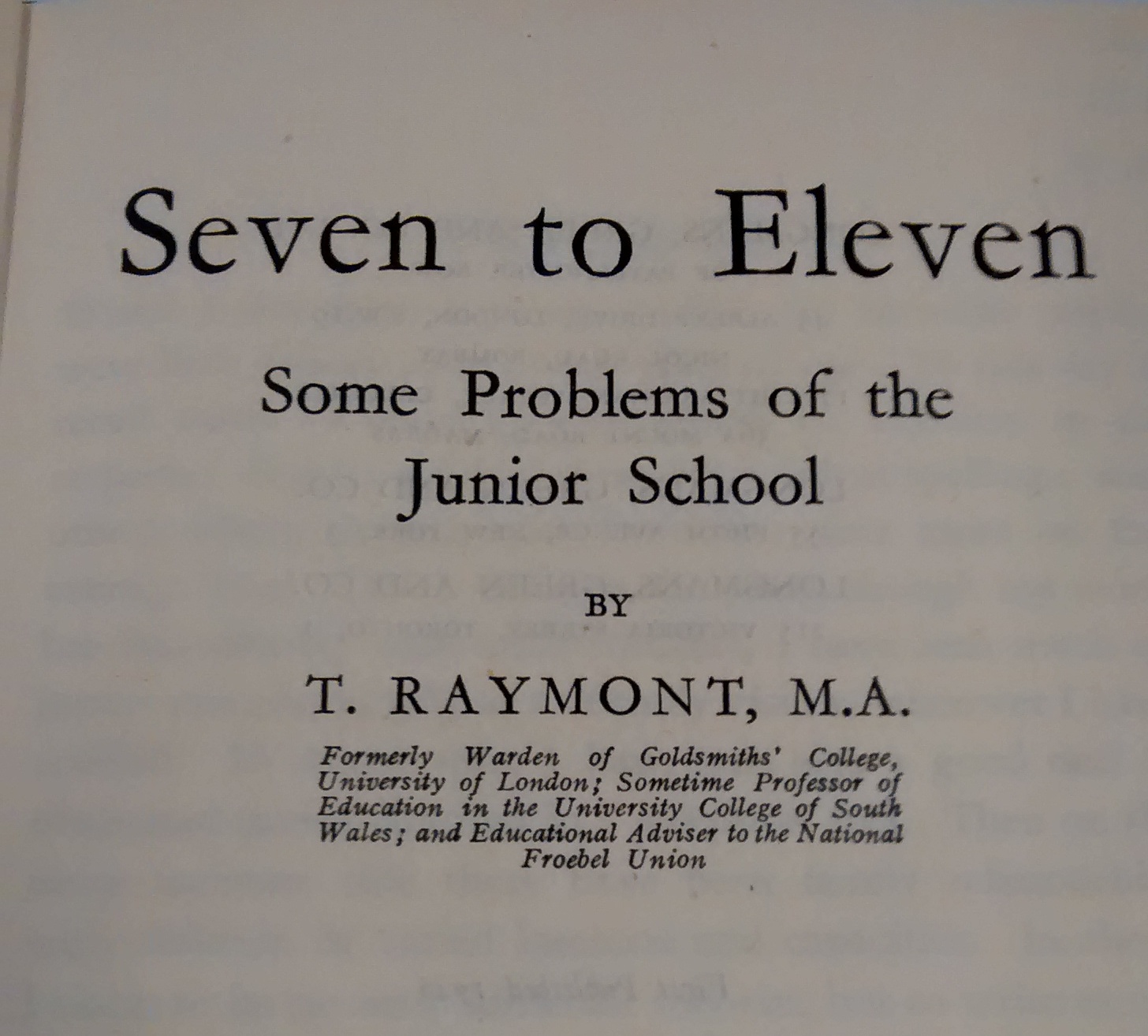
'[In terms of] the curriculum of the junior school, we see good reason to agree that it should be conceived in terms of activity and experience, rather than of knowledge to be acquired and facts to be stored. We agree, too, that the ideal to be aimed at is not the stuffed mind, but the inquiring mind.' (Raymont, 1946)
Flanders, N. (1954) Teaching with Groups, New York, Burgess Pub. Co.
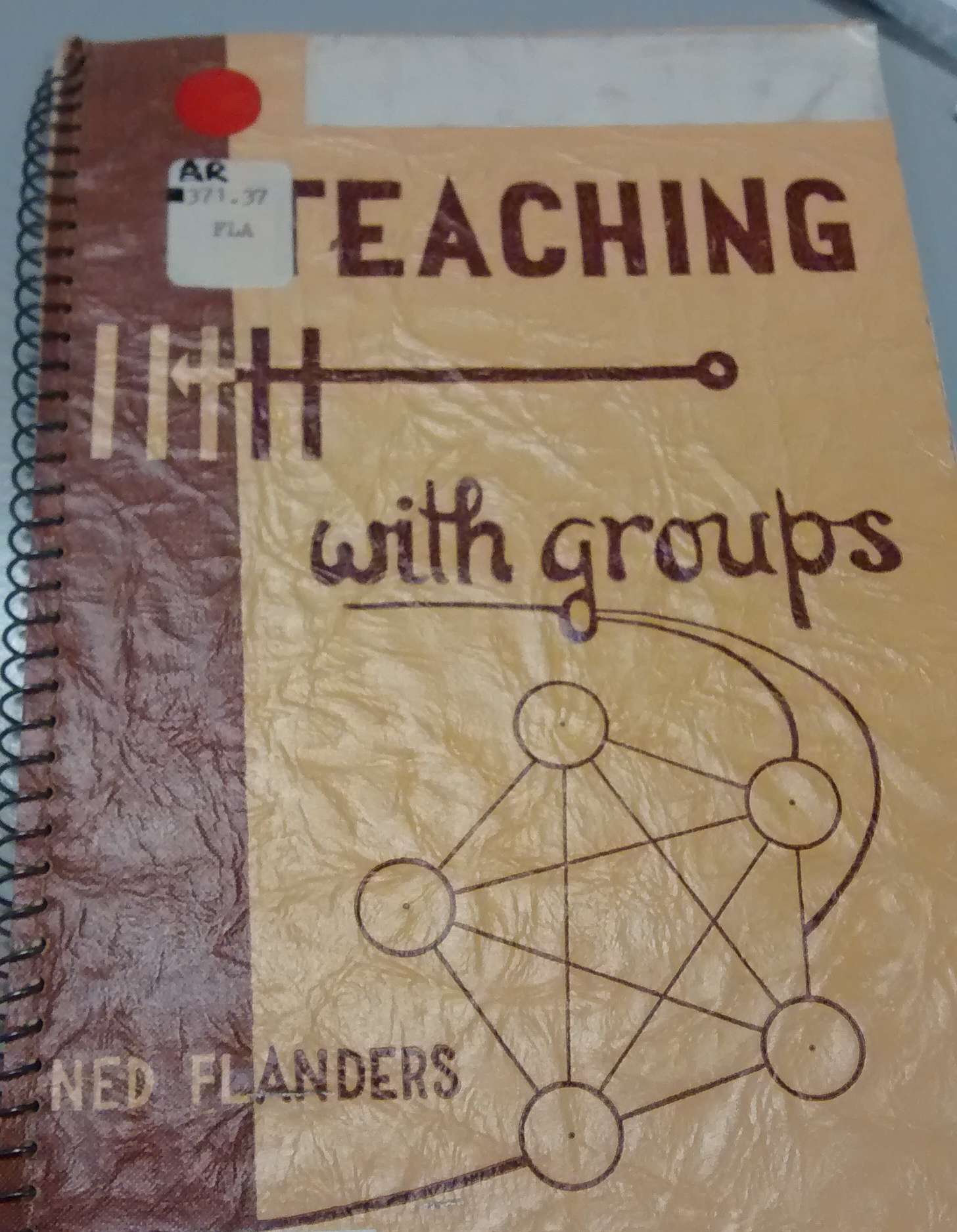
'What if it gets too noisy or a group breaks down? Don't jump to conclusions! Find out what's the matter' (Flanders, 1954)
'... accept different groups doing different things at the same time and not all progressing at the same rate.’ (Flanders, 1954)
'Pupils are ready whenever you are ... are confident when you are confident, confused when you are confused.' (Flanders, 1954)
Allen, H. (1959). Attitudes of certain high school seniors toward science and scientific careers. New York: Bureau of Publications, Teachers College, Columbia University.
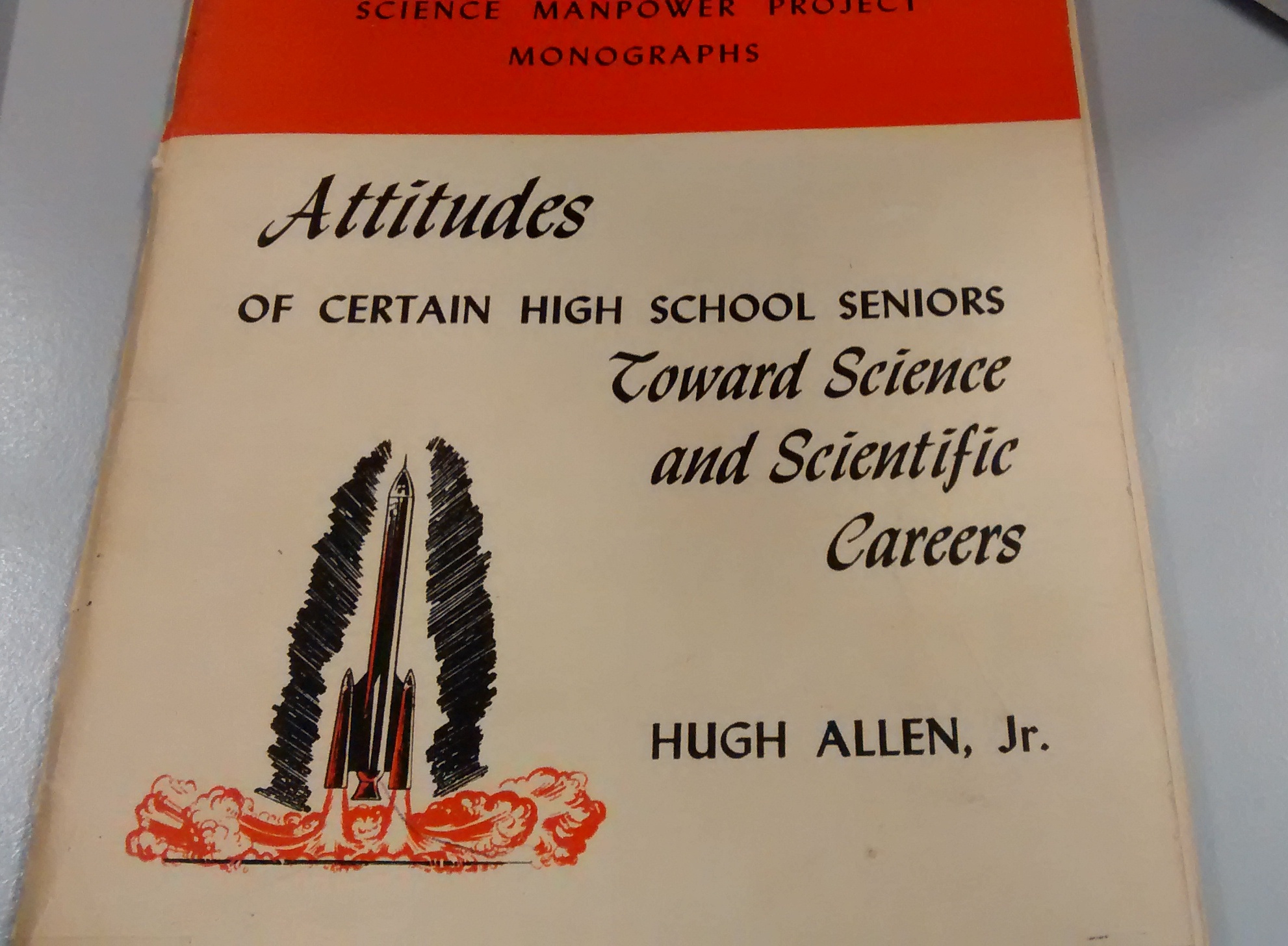
'About 13 per cent of the group felt that scientific work is monotonous and boring, while nearly 59 per cent agreed that the scientists' life was full of adventure.' (Allen, 1959)
Voorhis, T.G. (1931) The relative merits of cursive and manuscript writing. New York . Bureau of Publications of Teachers College, Columbia University.
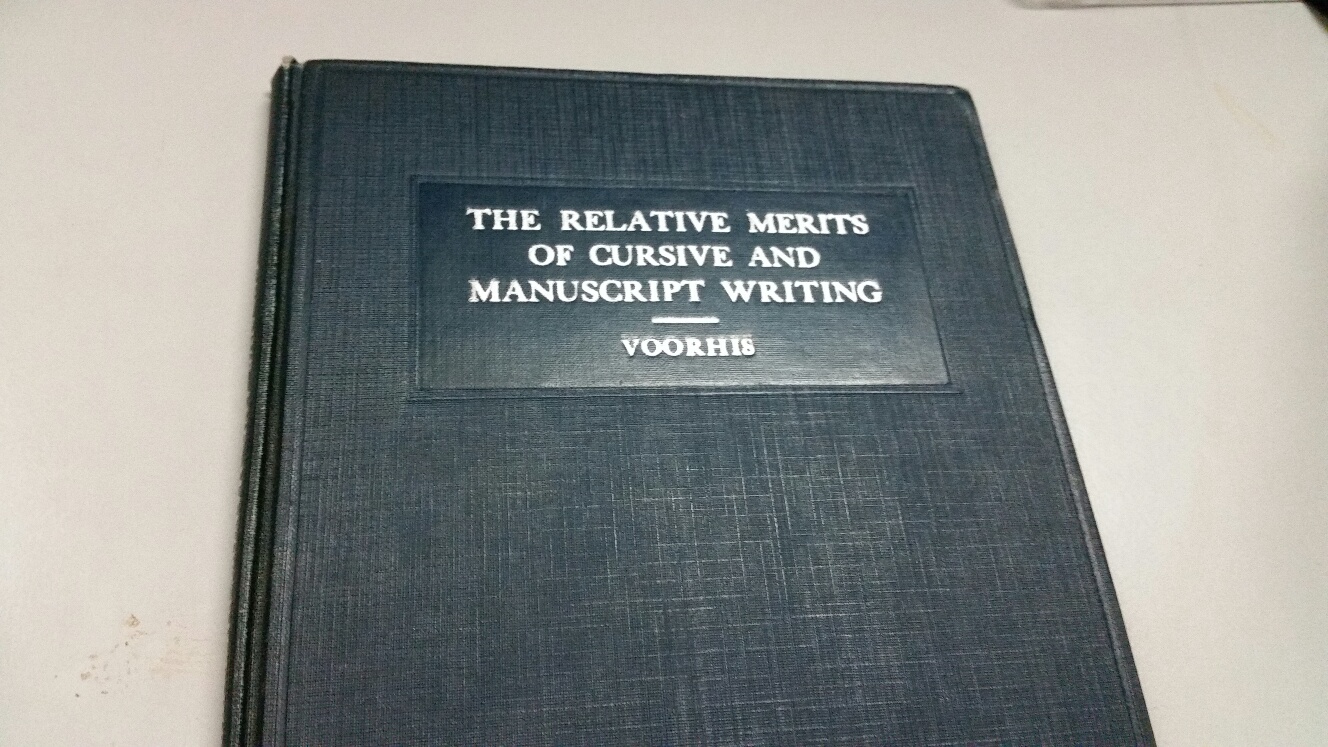
When writing: ‘light should come from the left to prevent the shadow of either hand or body from falling on the writing. Direct sunlight or other brilliant light on the writing surface should be avoided.’ (Voorhis, 1931)
Peacock Douglas, M. (1949) The Teacher-librarian’s handbook (2nd Ed.) Chicago, Illinois: American Library Association.
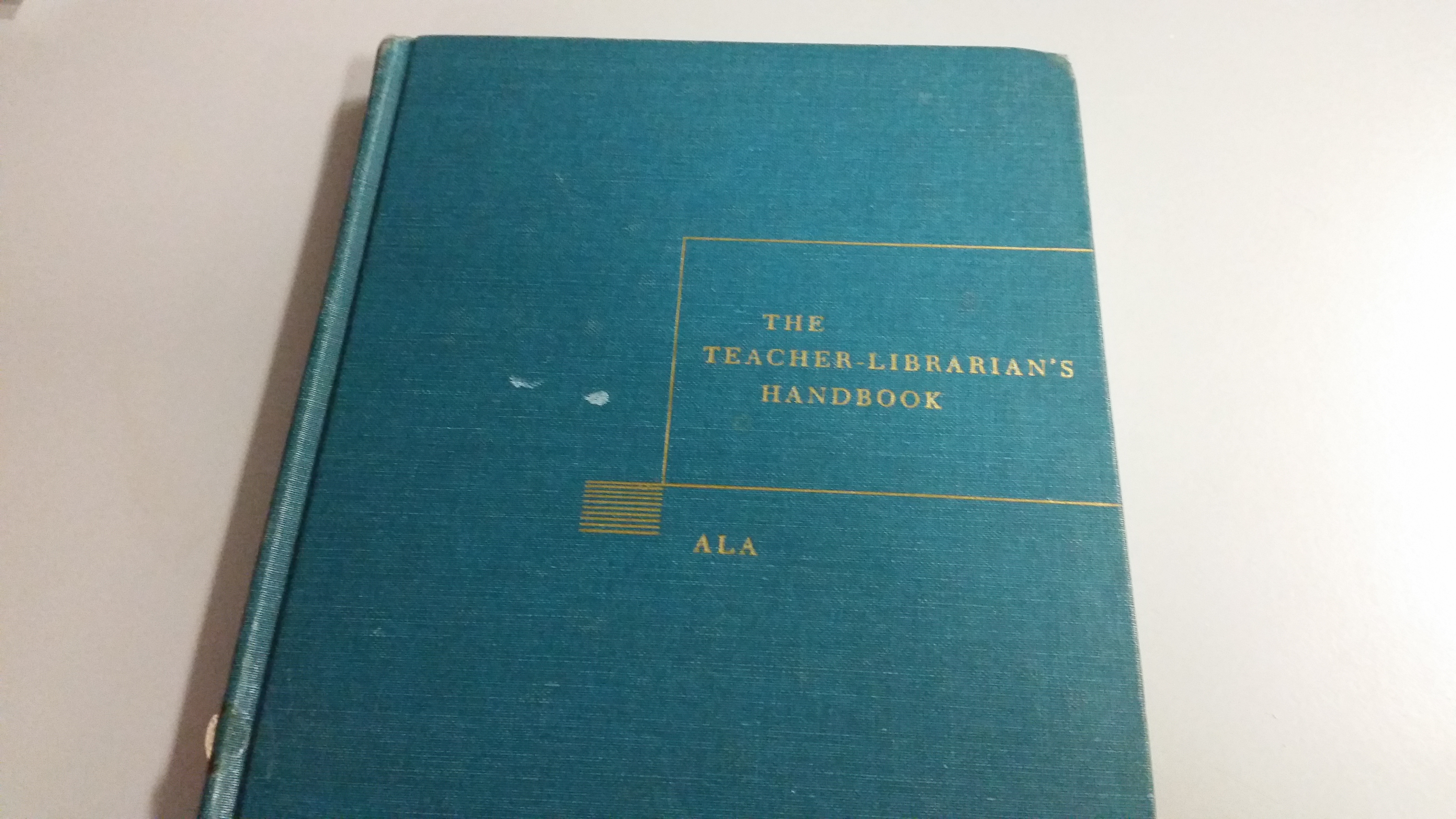
'The school library has a distinct contribution to make to the social and occupational development of pupils.' (Peacock Douglas, 1949)
'The selection of [library] materials should be the joint responsibility of all those who anticipate using them.' (Peacock Douglas, 1949)
Geary J. (Ed.) (1862) Educational gazette, literary companion, and general review. Melbourne: Wilson and Mackinnon.
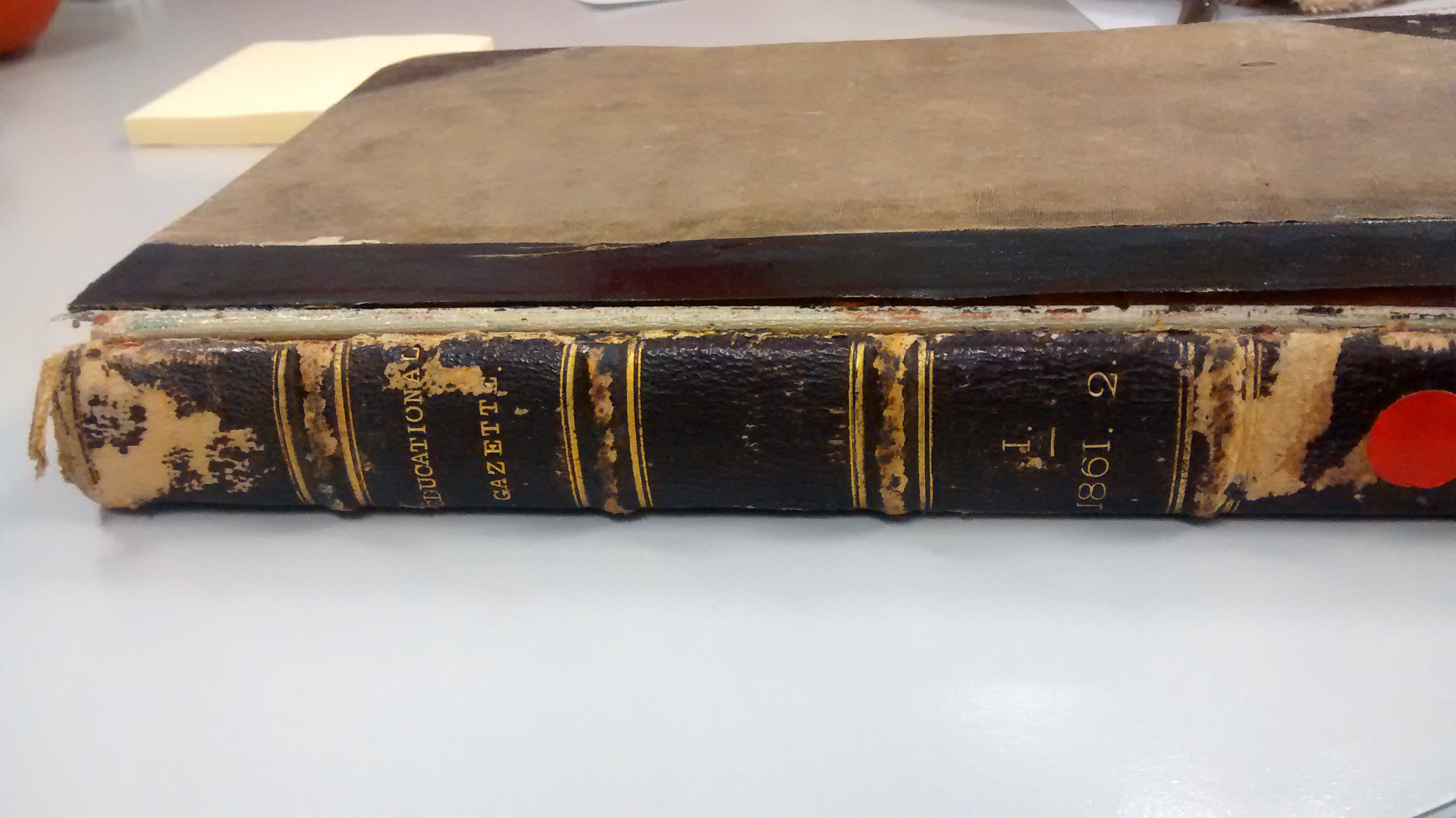
‘In spelling words it is a good plan to require a child to pronounce the word before trying to spell. Many children seem to fail from not hearing or not understanding what has been asked.’- The Educational Gazette (1862)
‘Unless pupils are trained from the first, to think, and understand what they read, and what the object of their reading is, little interest will be excited in their work.’ – D. Stow in The Educational Gazette (1862)
Brueckner, L., & Grossnickle, T. (1947) How to make arithmetic meaningful. Philadelphia: The John C. Winston Company
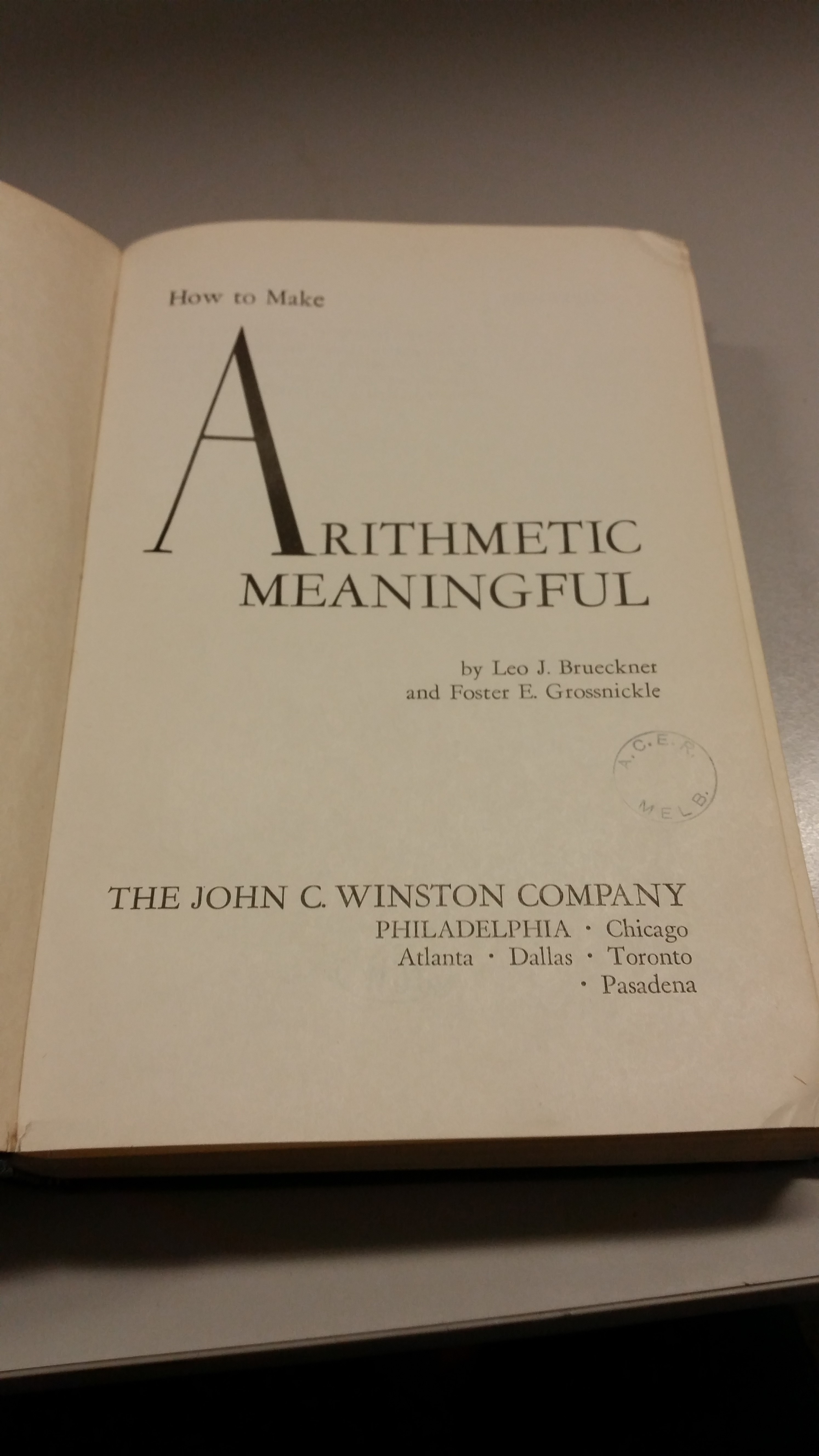
'The curriculum should be based on personal and social needs [required] both in and out of school.' (Bruecknet & Grossnickle, 1947)
In 1947 'an abacus would have helped [students] remember place values.' (Bruecknet & Grossnickle, 1947)
'The situations on which [word] problems are based should be within the experiences of pupils.’ (Bruecknet & Grossnickle, 1947)
‘The vocabulary of the [word] problem should be that to which the pupils are accustomed.’ (Bruecknet & Grossnickle, 1947)
Silberston, D. (1959) Youth in a technical age: a study of day release. London: Max Parrish
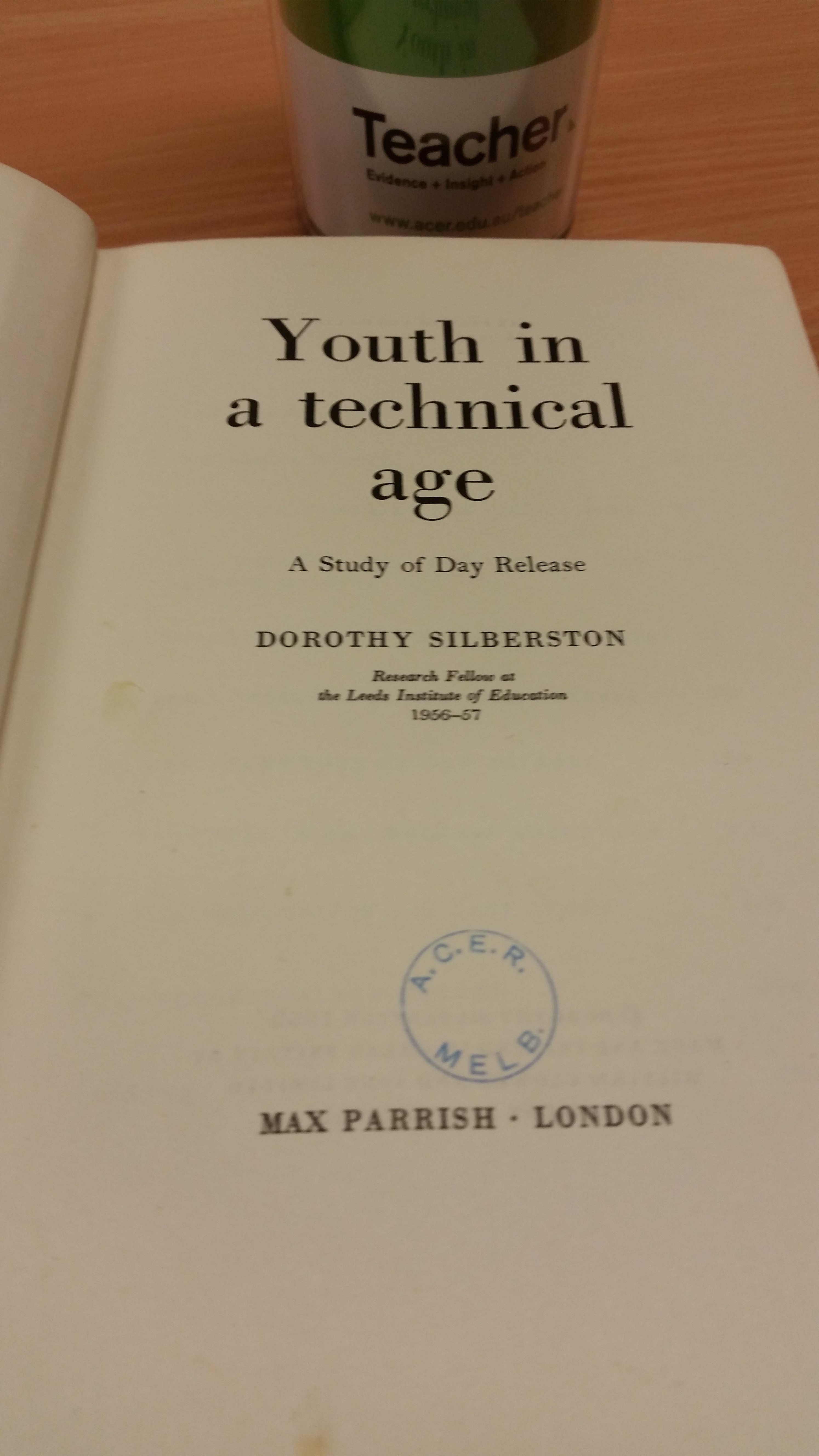
‘Where physical education is compulsory ... the most successful approach seems to be through sheer personality and enthusiasm on the part of the teacher.’ (Silberston, 1959)
Rivlin, H., & Schueler, H. (Eds.) (1943 ). Encyclopedia of Modern Education. New York: Philosophical Library, Inc.
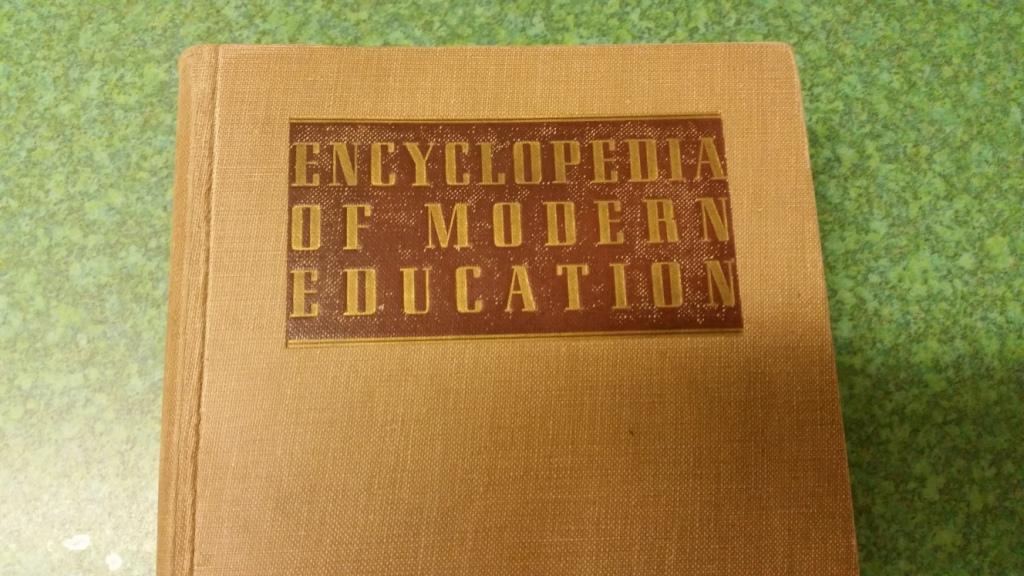
‘Learning is an active process. The degree to which the student participates actively in an experience indicates the extent to which he can learn from that experience... The teacher’s function is to guide the child in learning.’ Encyclopedia of Modern Education (1943).
‘Today we all know what only some teachers had learned intuitively in the past: the child learns best when he participates actively in the process.’ Encyclopedia of Modern Education (1943).
‘The major value of ... educational games is that they afford a pleasant means of practice on materials ... In the mastery of the fundamental combinations in arithmetic, the child needs a great deal of practice ... These games, while furnishing the child with amusement or fun, provide a means by which the child can practice the combinations with a degree of interest ... not commonly found in more traditional [methods].’ Encyclopedia of Modern Education (1943).
Harris, A. (1956). How to increase reading ability, third edition. Toronto: Longmans, Green and Co.
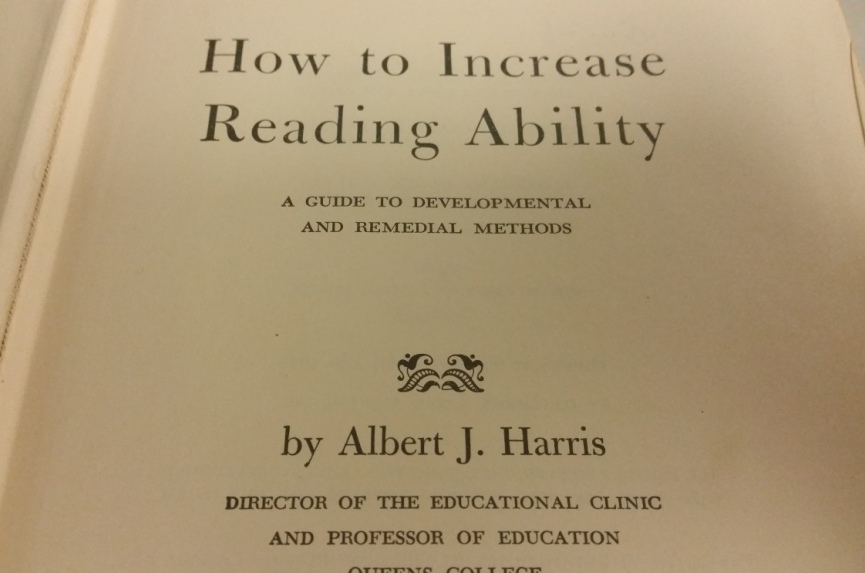
Reading ‘can and should embrace all types of thinking, evaluating, judging, imagining, reasoning, and problem-solving.’ (Harris, 1956)
‘The fast, accurate reader possesses a valuable tool that lays open to him the vast storehouse of knowledge that lies between the covers of books.’ (Harris, 1956)
